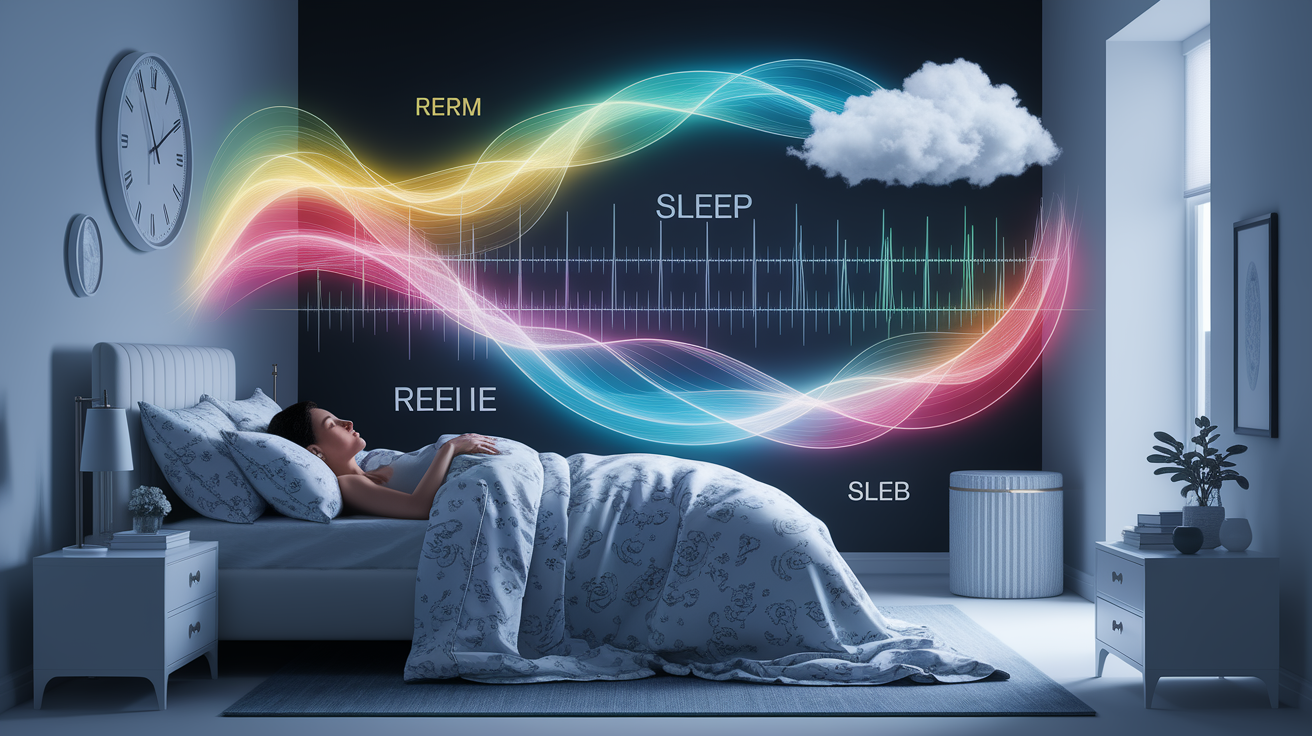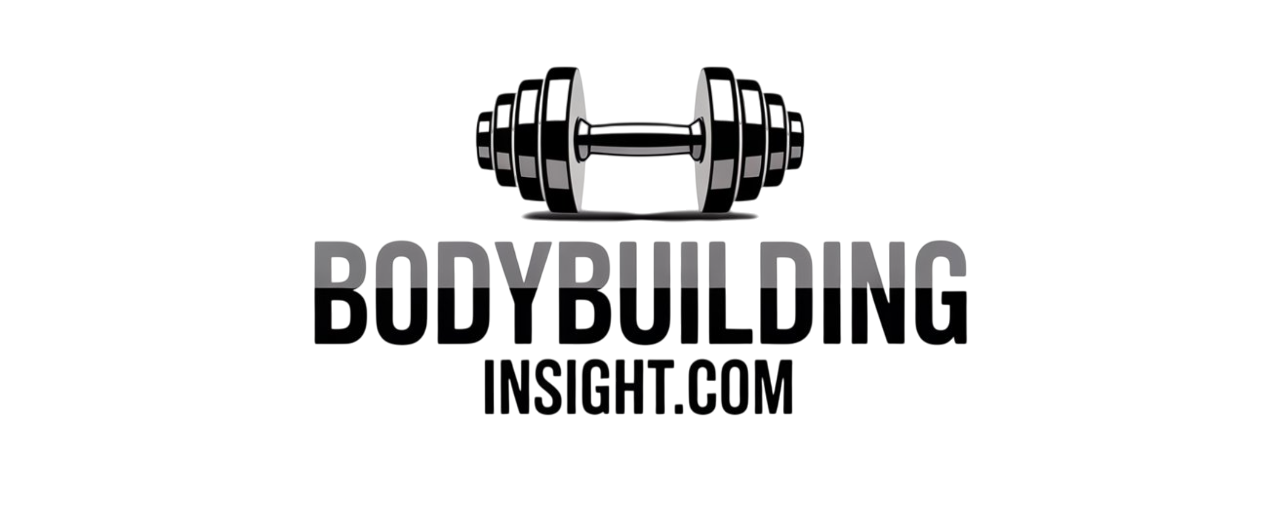Rest to Grow: How Sleep Powers Muscle Recovery
Wake Up Stronger: Introduction
Muscle recovery is not a process that happens solely in the weight room or the kitchen—it’s deeply intertwined with the hours you spend asleep. Quality sleep isn’t “optional” for anyone serious about muscle building; it’s an essential recovery tool. While proper nutrition and smart training drive adaptation, sleep is the period where your body’s regenerative machinery operates at full capacity, repairing exercise-induced muscle damage and preparing you to perform at your peak the next day.

Understanding Sleep Architecture and Recovery
To appreciate how sleep fuels muscle repair, you first need to understand sleep architecture. Sleep consists of cycles that alternate between non-rapid eye movement (NREM) and rapid eye movement (REM) sleep. The NREM phase, particularly stage N3—known as slow-wave sleep (SWS)—is the foundation of physical restoration. It’s during SWS that growth hormone releases peak, directly supporting tissue repair and recovery from training stress. REM sleep, on the other hand, plays a critical role in neural recovery, ensuring that your motor control, reaction times, and coordination remain sharp.

Hormonal and Immune Mechanisms Driving Muscle Repair during Sleep
Sleep triggers powerful hormonal cascades essential for muscle tissue repair. Growth hormone surges during deep sleep stimulate insulin-like growth factor 1 (IGF-I), which accelerates muscle regeneration and hypertrophy. On the immune side, sleep balances inflammatory responses—necessary for muscle healing—while preventing excessive catabolic activity that can impede recovery. Consistent high-quality sleep thus amplifies anabolic pathways and sharpens immune control, reducing injury risk and enhancing post-workout recovery.

Impact of Sleep Deprivation on Muscle Recovery
Cutting your sleep short isn’t just about feeling tired—it disrupts the biological processes critical for muscle building. According to a comprehensive review, sleep deprivation increases protein breakdown, reduces muscle protein synthesis, and prolongs recovery time after intense training. It shifts the hormonal balance away from growth-promoting signals and toward catabolic states. The result? Greater muscle fatigue, slower adaptation, and potentially muscle atrophy if poor sleep becomes chronic.
Optimizing Sleep for Improved Muscle Recovery
Sleep optimization is a deliberate skill—just like programming your training or planning your nutrition.
- Set a Recovery Sleep Schedule: Aim for 7–9 hours of restorative sleep per night to maximize growth hormone release and overnight recovery.
- Prioritize Sleep Hygiene: Keep a consistent bedtime, limit screen exposure before bed, and manage stress to enhance sleep quality.
- Leverage Pre-Sleep Nutrition: A balanced protein source within the evening meal supports nocturnal muscle protein synthesis.
- Control Training Load: Avoid excessively late, high-intensity sessions that can elevate cortisol and delay sleep onset.
Extending sleep duration has been shown to improve both physical capacity and athletic performance, making it a valuable tool in any recovery-focused strategy.
Measuring Recovery: Tools and Metrics
Tracking recovery ensures your sleep interventions are working. Common tools include:
- Wearable devices: Monitor sleep stages, HRV (heart rate variability), and resting heart rate to gauge recovery quality.
- Training logs: Record performance markers such as strength output, endurance, and perceived muscle soreness.
- Subjective assessments: Rate morning energy levels, focus, and readiness to train on a consistent scale.
Combining objective and subjective metrics gives a fuller picture of your recovery status, helping you adjust both sleep and training for optimal adaptation.
Frequently Asked Questions (FAQ)
How much sleep do you need for muscle recovery?
For most athletes, 7–9 hours per night is optimal. Those in heavy training cycles may benefit from up to 10 hours, including naps.
Does muscle recovery happen during sleep?
Yes—muscle protein synthesis peaks during slow-wave sleep, driven by growth hormone release. This is when the bulk of muscle repair occurs.
What happens to muscles during sleep?
Damaged fibers are repaired, inflammatory processes are regulated, and energy stores are replenished, preparing your muscles for the next bout of training.
Can lack of sleep affect muscle recovery?
Absolutely. Sleep deprivation reduces anabolic hormone output, increases catabolic activity, and slows regeneration, prolonging muscle soreness and fatigue.
What stage of sleep is best for muscle recovery?
Deep sleep (stage N3, or slow-wave sleep) is most critical for muscle repair and growth due to hormonal spikes in HGH.
How does sleep quality impact muscle building?
Poor sleep quality reduces recovery efficiency and anabolic signaling, limiting strength gains and muscle growth over time.
Do muscles grow during sleep or rest?
Both. Sleep is the most potent recovery window, but rest days without training also allow the repair processes triggered during sleep to accumulate.
What is the relationship between sleep and muscle protein synthesis?
During slow-wave sleep, hormonal conditions favor high rates of muscle protein synthesis, driving adaptation from prior training sessions.
Dream Big, Recover Strong: Conclusion
Sleep is the silent architect of every successful training program. While sets, reps, and nutrition fuel the building process, sleep lays down the bricks of adaptation in a way nothing else can. Treat sleep like your most important recovery tool—control its quantity and quality with the same precision you apply to your workouts. Because in the pursuit of strength and performance, there’s no shortcut around the discipline of deep, restorative sleep—the kind that lets you wake up stronger every day.







